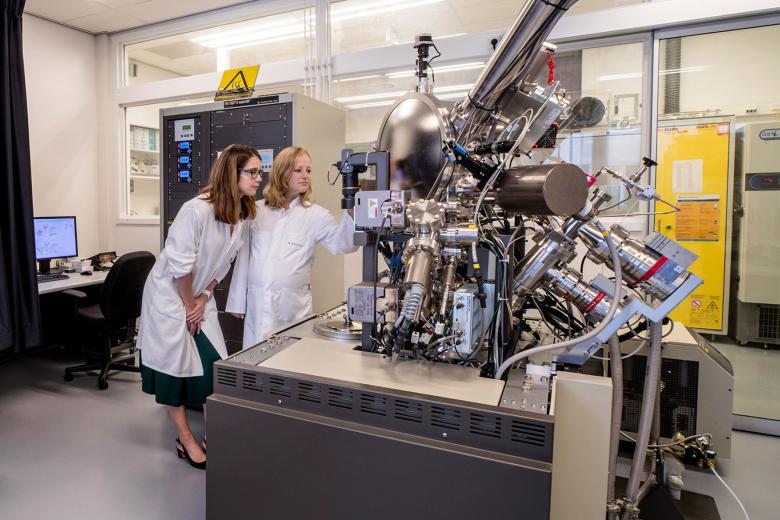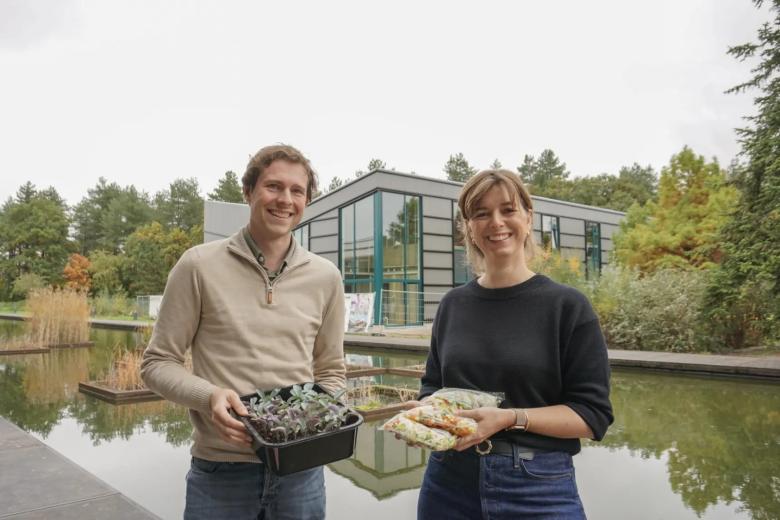University College Maastricht’s Teun Dekker first European Professor of Liberal Arts and Sciences Education!
On 1 July 2017, Prof. Teun Dekker became the first Professor in Liberal Arts and Sciences Education in Europe. His main duties will be creating public awareness of Liberal Arts in the Netherlands and abroad, and conducting research on Liberal Arts education in the European context as well as its social, political and educational significance.
"The word professor comes from the idea of professing, of talking about what you really believe in. And I really believe in Liberal Arts. So the idea is that I will be some kind of ambassador for Liberal Arts and write and lecture about why Liberal Arts matters for democracy, for the labour market, but mainly for living a good life so that the world gets a better understanding of what the Liberal Arts movement is all about."

We met with Prof. Dekker to get a better understanding of his professorship and his vision on what Liberal Arts and Sciences is and why it is important.
Relevant links
Also read
-
UM to play a more prominent role in Dutch scientific infrastructure
Eleven consortia from various scientific disciplines are set to launch projects of great value to science. The Dutch government is making a total of €197 million available for this purpose. Scientists from Maastricht University (UM) are closely involved in seven of the eleven projects.

-
The future of our food? It's growing in the labs at Brightlands
The agriculture and horticulture of the future require smart innovations, sustainable cultivation methods, and resilient crops. At Brightlands Campus Greenport Venlo, all of this comes together in Brightlands Next Generation Farming. Here, research is conducted, but above all, solutions are...

-
Archaeology as a bridge between past and future - Luc Amkreutz Appointed 8th Eugène Dubois visiting professor
Luc Amkreutz is the new Eugène Dubois Visiting Professor at the Faculty of Science and Engineering at Maastricht University. "I see this chair as a unique opportunity to highlight the multidisciplinary power of archaeology and to show how science and society can reinforce each other."
